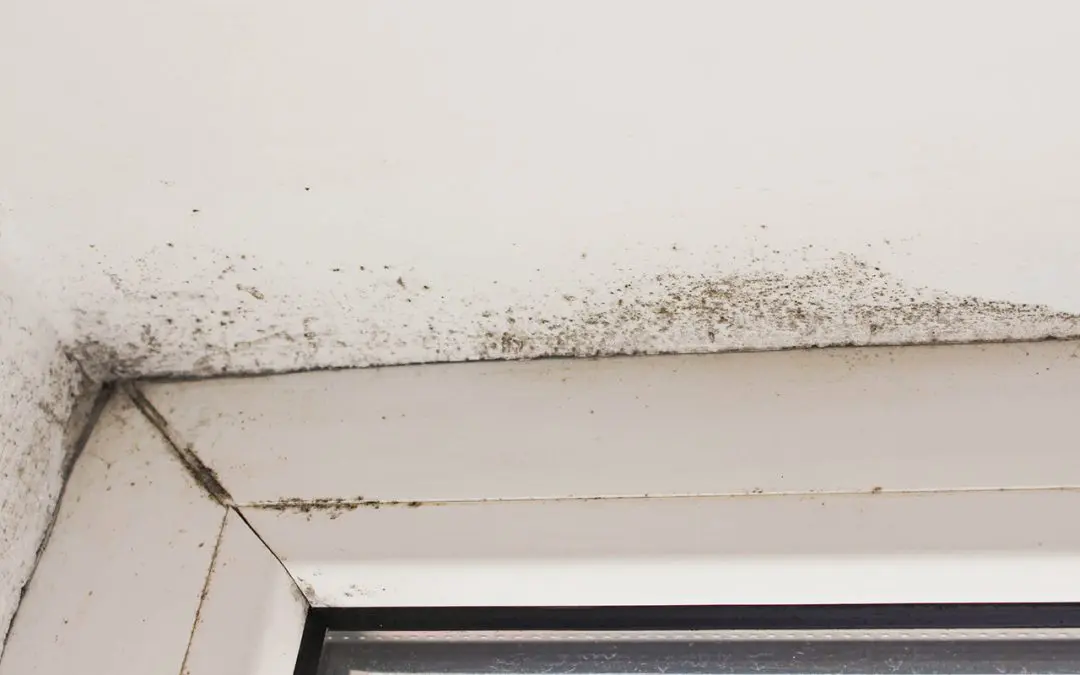Basement mold is a common issue that many homeowners face. The damp, dark conditions of a basement create an ideal environment for mold growth, which can cause serious health problems and damage to your home. Understanding how to recognize, remove, and prevent basement mold is key to maintaining a safe and healthy living space.
Understanding Basement Mold
Mold is a type of fungus that thrives in moist, dark areas with poor ventilation. In basements, water seepage, condensation, and high humidity levels can create the perfect breeding ground. Mold can appear in various forms, such as black, green, or white patches on walls, ceilings, floors, or stored items. While some molds are more harmful than others, all types can negatively impact indoor air quality and cause health issues, especially for people with allergies, asthma, or compromised immune systems.
Signs You Have a Mold Problem
One of the earliest signs of a mold issue in your basement is a musty smell. Mold has a distinctive odor, even if it is not visible. Other indicators include the appearance of dark spots or stains on walls, ceilings, or floors. Mold can also cause discoloration of building materials like drywall or wood. If you notice your family experiencing increased allergy symptoms, respiratory issues, or frequent headaches, mold might be the underlying cause.
Causes of Basement Mold
Basement mold generally results from moisture problems. Water leaks, whether from plumbing, windows, or the foundation, are often the main cause. Improperly sealed basements, cracks in foundation walls, and even poor drainage around the home can allow water to seep in, creating the damp conditions mold needs. High humidity levels can also contribute to mold growth, even in basements without visible water damage.
Health Risks of Mold Exposure
Mold exposure can pose significant health risks, particularly to individuals with pre-existing health conditions. Symptoms of mold exposure include coughing, wheezing, nasal congestion, itchy eyes, skin irritation, and in more severe cases, shortness of breath. Long-term exposure can lead to more serious respiratory problems and worsen conditions like asthma. People with compromised immune systems may also be at higher risk for fungal infections. It’s crucial to address mold issues promptly to avoid these health risks.
How to Remove Basement Mold
If you discover mold in your basement, it’s important to take immediate action. For small, isolated patches, you can often handle the cleanup yourself. Start by wearing protective gear like gloves, goggles, and a mask to avoid exposure to mold spores. Clean the affected areas with a mixture of water and detergent or a commercial mold cleaner. Be sure to scrub the surface thoroughly and allow it to dry completely.
For larger mold infestations or if the mold is growing on porous materials like drywall or carpeting, you may need to hire a professional mold remediation service. They will have the necessary equipment and expertise to safely remove the mold and prevent it from spreading to other parts of your home.
Preventing Future Mold Growth
Once you’ve eliminated mold from your basement, it’s important to take steps to prevent it from returning. Controlling moisture is the key to keeping mold at bay. Start by addressing any existing leaks or water seepage. Repair cracks in the foundation, seal windows properly, and make sure your gutters and downspouts direct water away from the foundation of your home.
Installing a dehumidifier in your basement can help reduce humidity levels, making it harder for mold to grow. Ensure proper ventilation by installing exhaust fans or vents if needed. If your basement has a history of moisture problems, consider applying a waterproof sealant to the walls and floors to keep moisture out.
When to Call a Professional
If you notice extensive mold growth, or if the mold keeps returning despite your efforts, it may be time to call in a professional. A mold remediation specialist can assess the extent of the problem, determine the underlying cause, and remove the mold safely. Additionally, if you or anyone in your household experiences persistent health issues related to mold exposure, it’s wise to seek professional help to ensure the mold is fully eradicated.
Basement mold can be a serious problem if not addressed promptly. By understanding the signs, causes, and health risks associated with mold, as well as taking the necessary steps to remove and prevent it, you can maintain a healthy and mold-free basement. Keep moisture levels under control, address leaks immediately, and stay vigilant to ensure that your basement remains a safe and livable space.
Outlook Home Inspections offers comprehensive home inspection services to homebuyers and sellers in Charlotte and upstate South Carolina. Contact us to schedule an appointment.

